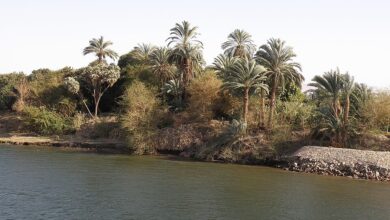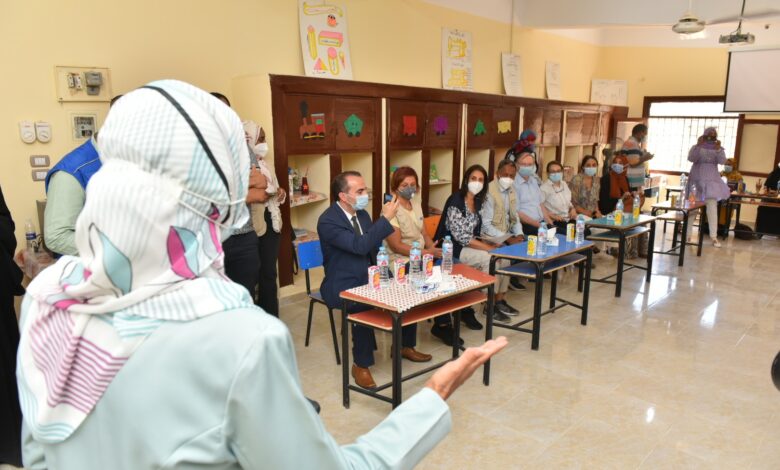
Head of the European Union (EU) Delegation in Egypt Christian Berger visited on Tuesday Qena and Luxor governorates in Upper Egypt to inspect the impact of the United Nations World Food Programme (WFP)/EU-funded rural communities project.
The 60 million project, called “Enhancing Access to Education and Fighting Child Labour”, supported rural communities in 16 of Egypt’s most vulnerable governorates from 2014 to 2019.
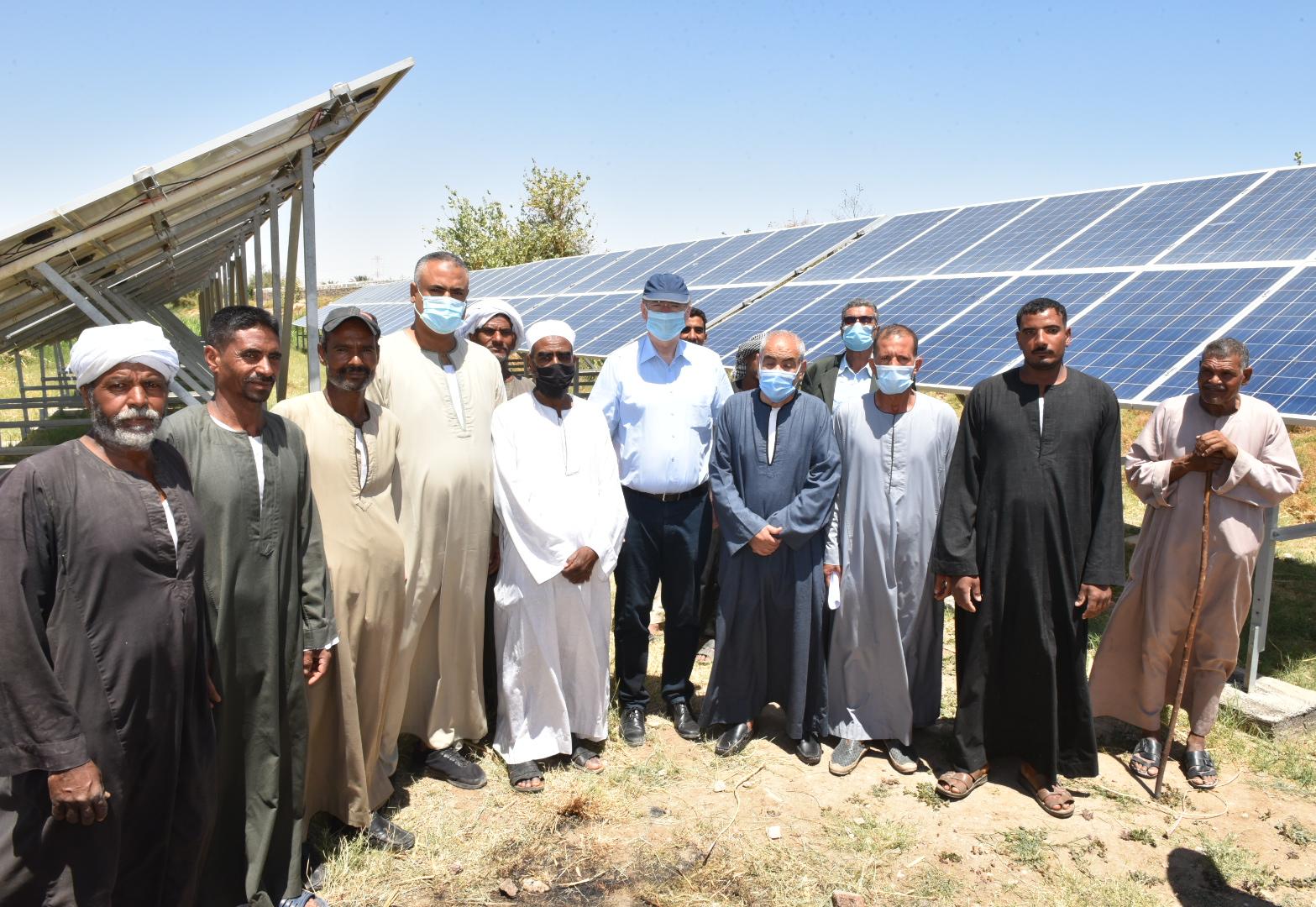
The project was able to create and increase access and use of educational platforms, provide teachers with empowering trainings, improve child nutrition, support women’s economical empowerment, and improve communal awareness on key areas such as nutrition, agriculture, child labour, and risks of irregular migration.
Following the successful EU-WFP project, the WFP continued, alongside Egypt’s Ministry of Education and Technical Education, to equip one-classroom schools with technology and internet connectivity, allowing them to serve as hubs for students, teachers, parents, and the greater community.
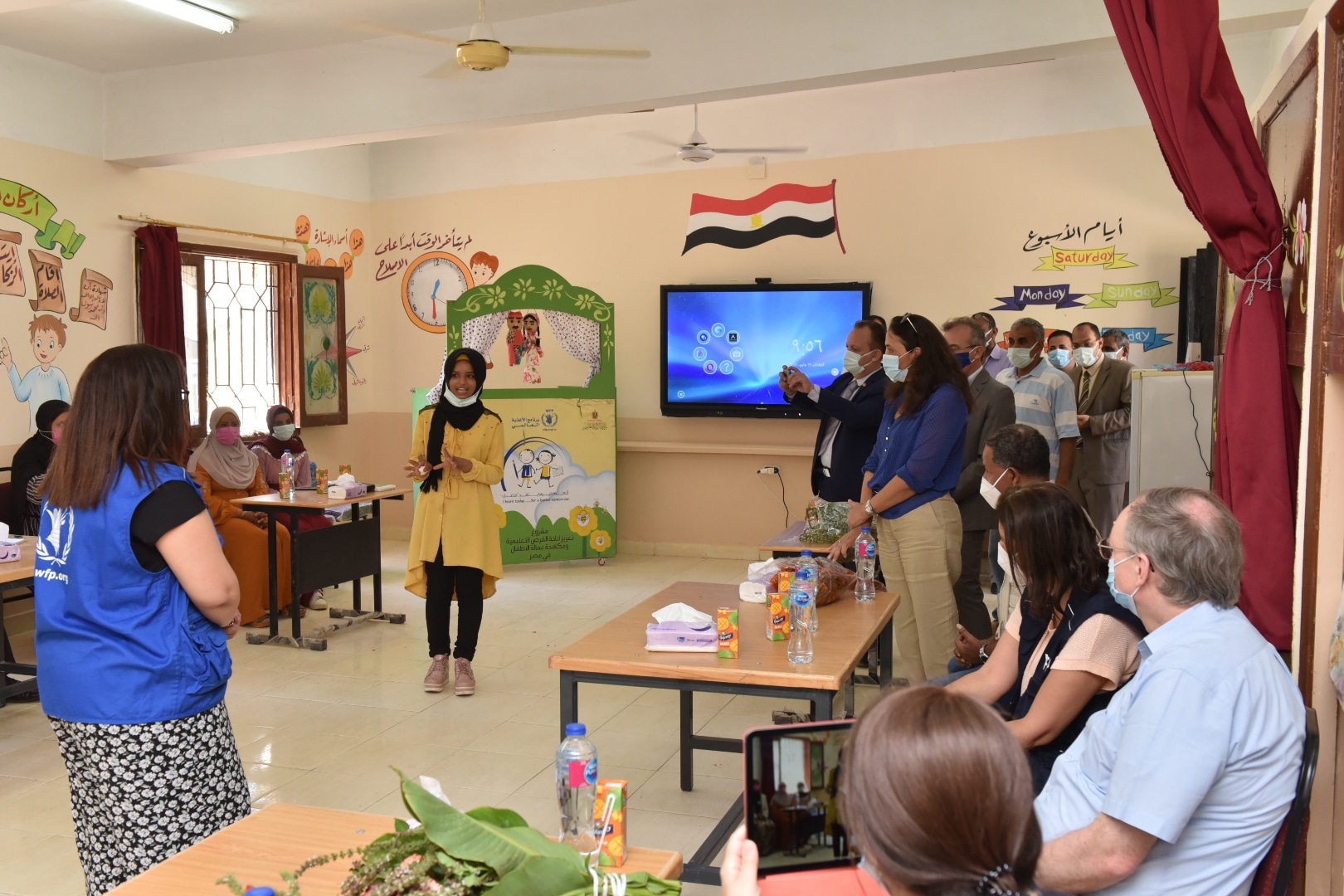
While visiting the community schools in both governorates, the delegation spoke with teachers and students who told them of the transformative impact the project has had on their lives.
Berger said: “It is great to see the impressive outcome of our joint cooperation with WFP in this project that has positively impacted the lives of thousands of children and women across Egypt. Our joint efforts have proven to be sustainable and are making a great difference in the communities.”
The delegation also saw how WFP and Egypt’s Agriculture Ministry are utilizing the educational hubs to teach climate-wise farming techniques that increase crop yields.
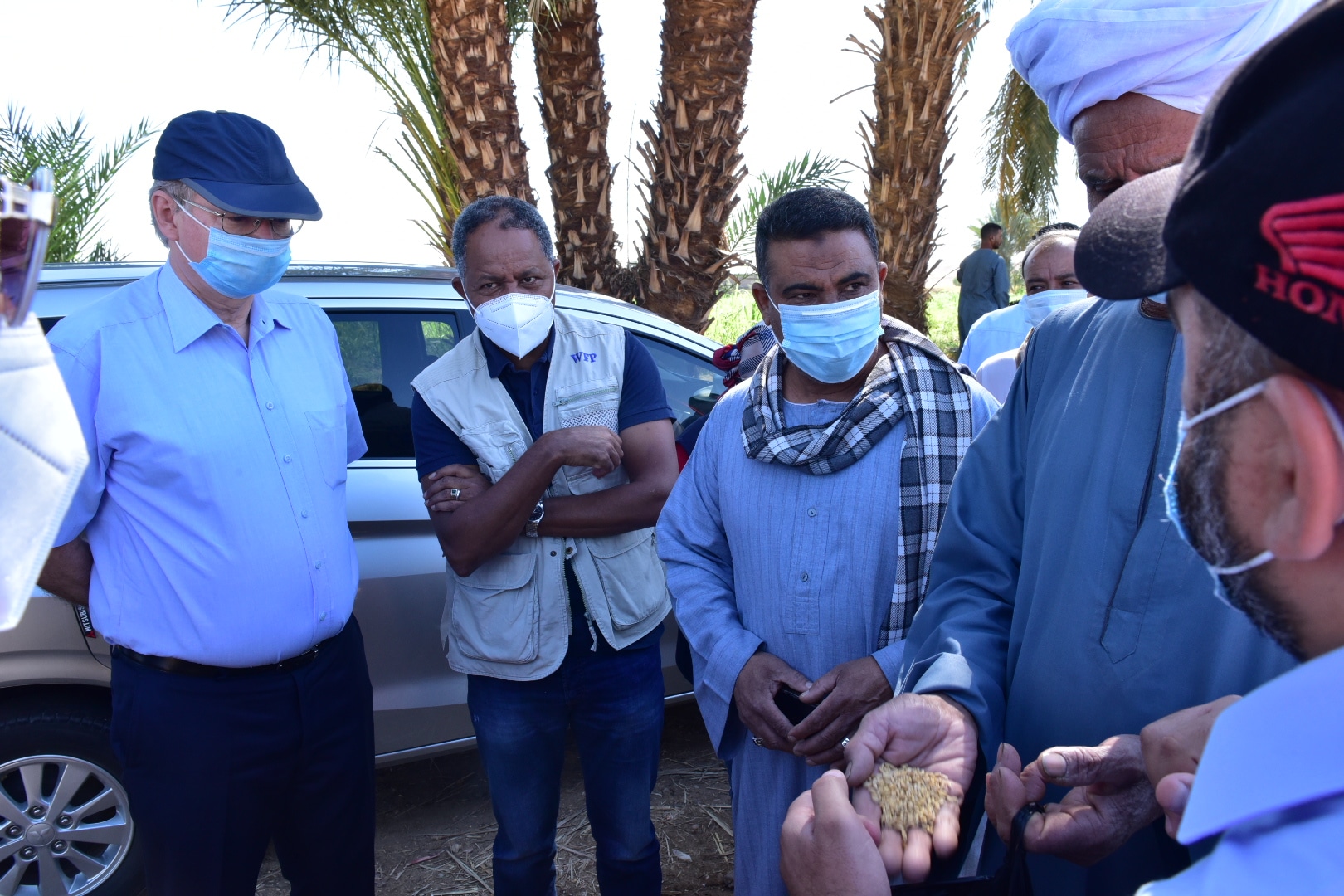
Additionally, met with women who have started their own income-generating projects, which have allowed them to increase their incomes, build their self-confidence, and support their children’s education and nutrition.
More than 50,000 women received business and job trainings under the project, of which 10,000 have launched and are currently sustaining their own businesses.
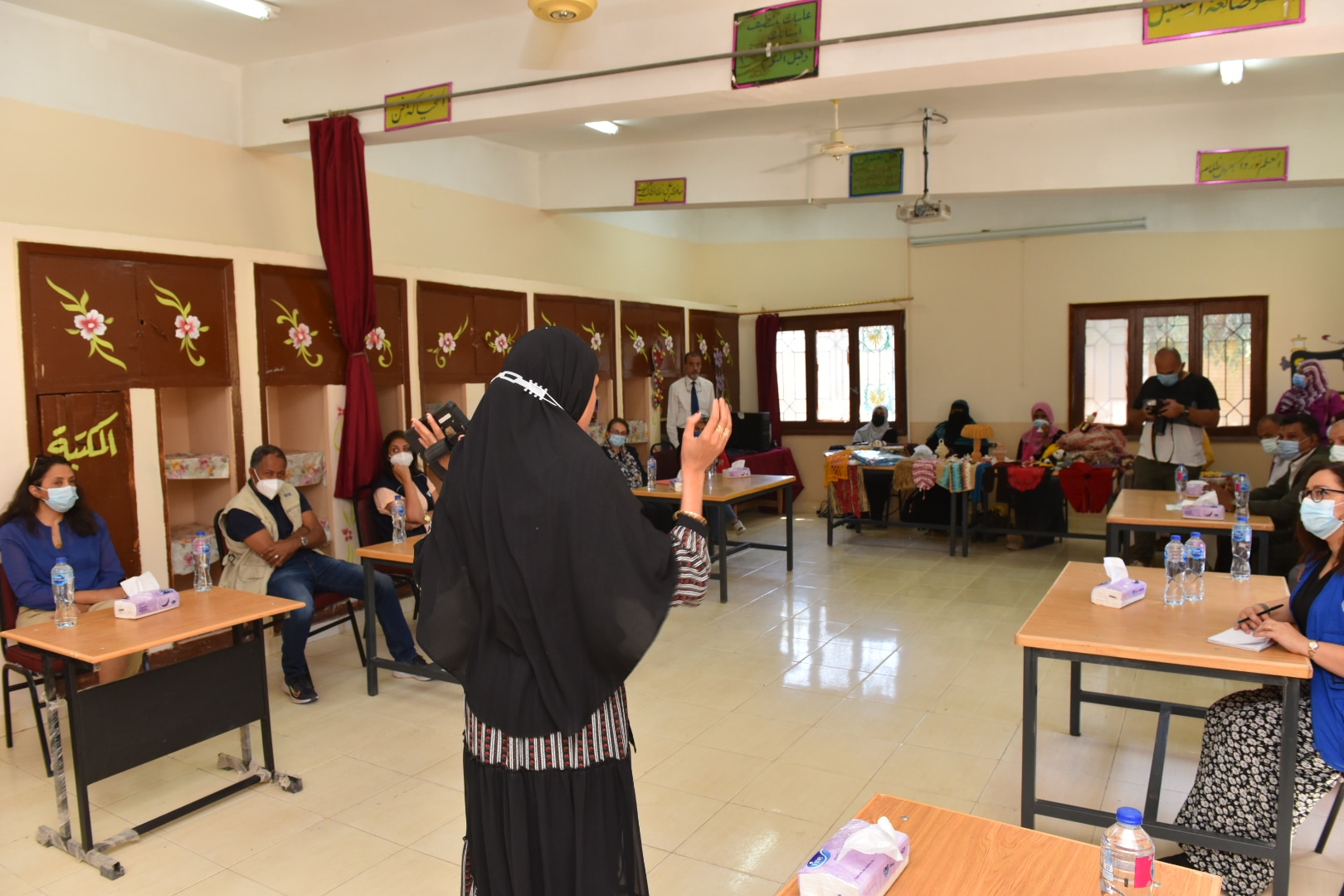
Currently, the Egyptian government and WFP are working to reach a total of 500 villages by 2023, aligning with President Abdel Fattah al-Sisi’s “Decent Life” initiative.
“Together we [WFP and EU] have worked on changing the lives of many vulnerable families in Egypt through two key elements: empowerment and sustainability,” said WFP Representative and Country Director in Egypt Menghestab Haile.
The EU is one of WFP’s largest supporters in Egypt, and together the two have supported more than two million children in primary schools, include 120,000 students and their families in 4,500 community schools.
___

